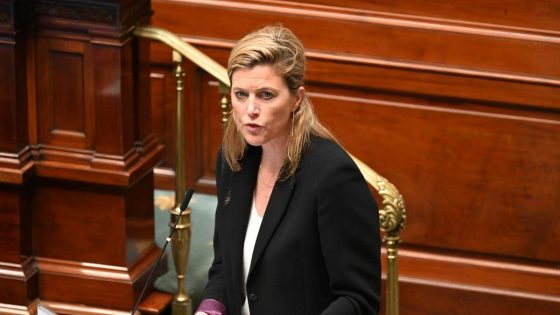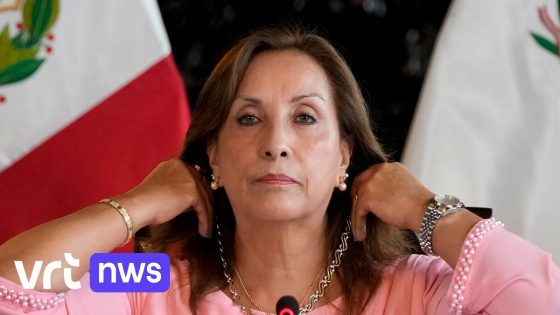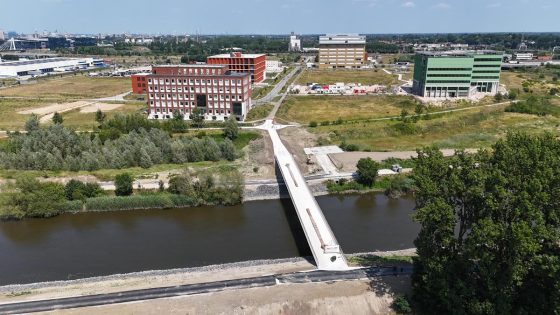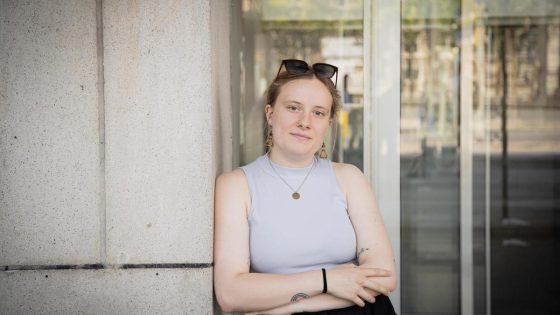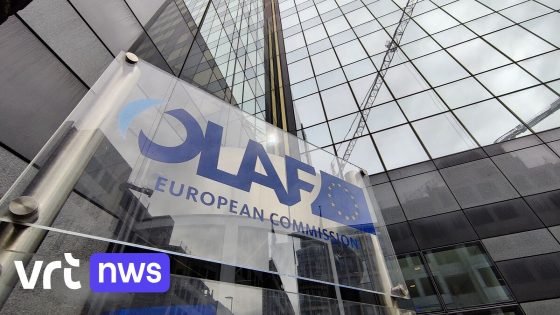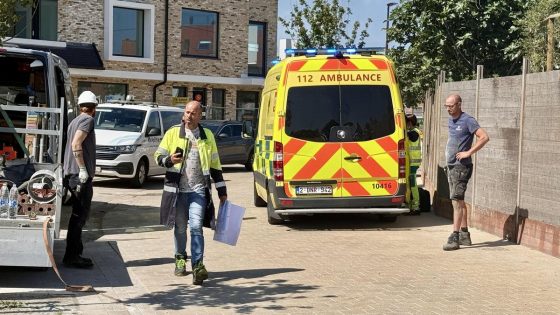The new Muslim Council of Belgium, the representative body of the country’s Muslim community, was elected at the end of May but remains in a state of uncertainty. As of 2025-06-19 16:38:00, the council’s official members have not been publicly revealed, awaiting formal recognition from Justice Minister Annelies Verlinden (CD&V). The deadline for this recognition was June 25, yet the temporary council’s mandate has now been extended by one year.
- New Moslimraad elected but not recognized yet
- Minister Verlinden extends temporary Moslimraad mandate
- Concerns remain about Moslimraad's representativeness
- Former Moslimexecutive criticized Moslimraad's establishment
- Esma Uçan declined to seek reelection
- Moslimraad manages mosque recognition and imam training
Minister Verlinden cited ongoing questions about the council’s legitimacy, noting that it reportedly unites only 60 to 65 percent of mosques nationwide. She emphasized the need for further steps to improve transparency and representation before granting full recognition. What does this mean for Belgium’s Muslim community and their official representation? And why is the reform process stalling despite recent elections?
These questions lead US to the current status of the Muslim Council and the implications of Verlinden’s decision to prolong the temporary mandate rather than confirming the newly elected members.
Why is the new Muslim Council’s legitimacy still in question? The delay raises critical issues about the council’s inclusivity and effectiveness. Some key points to consider:
- The council reportedly represents only around two-thirds of mosques, leaving a significant portion unrepresented.
- Previous reports highlighted challenges such as lack of female representation and risks of extremist influence.
- Minister Verlinden seeks clearer transparency and broader support before full recognition.
- Critics argue the delay stalls reforms and undermines trust in the council’s ability to govern religious affairs.
Moving forward, it is crucial for Belgian authorities and Muslim community leaders to engage in open dialogue to strengthen the council’s representativeness and transparency. Will the extended mandate lead to meaningful reforms, or will it deepen divisions within the community? The coming months will be decisive for the future of Muslim representation in Belgium.



